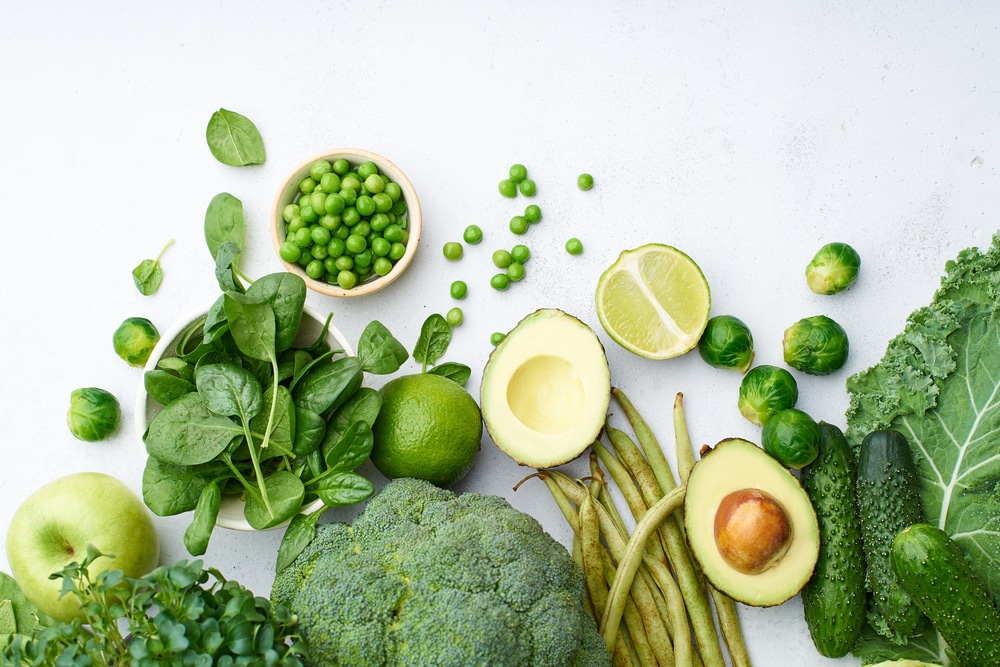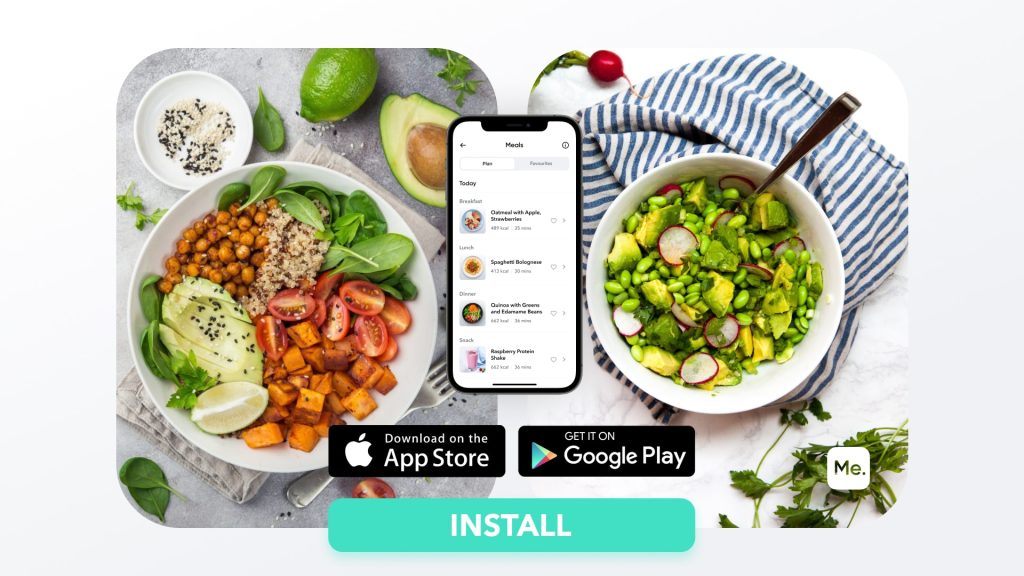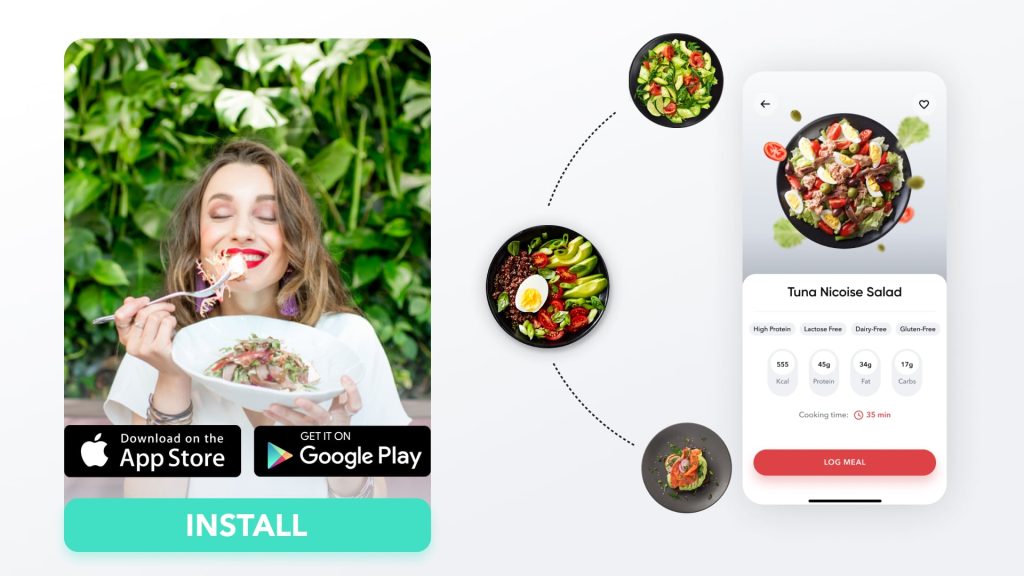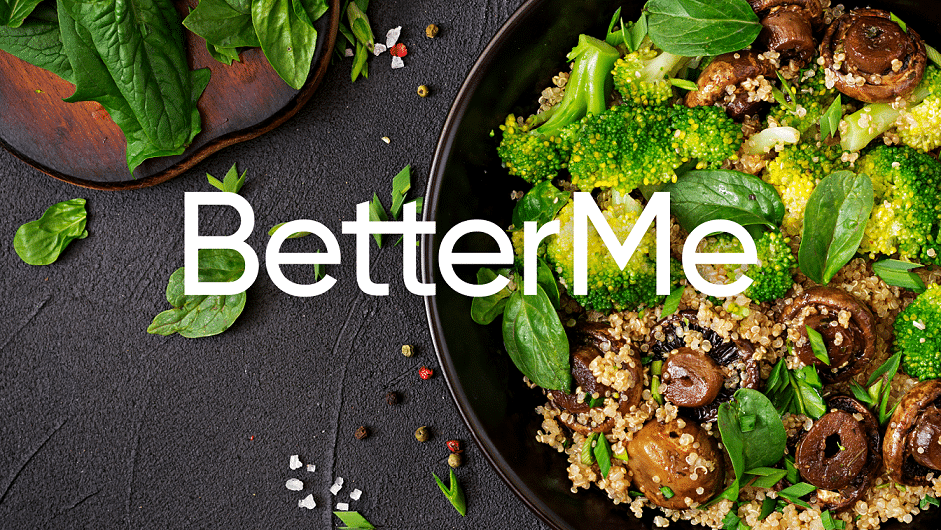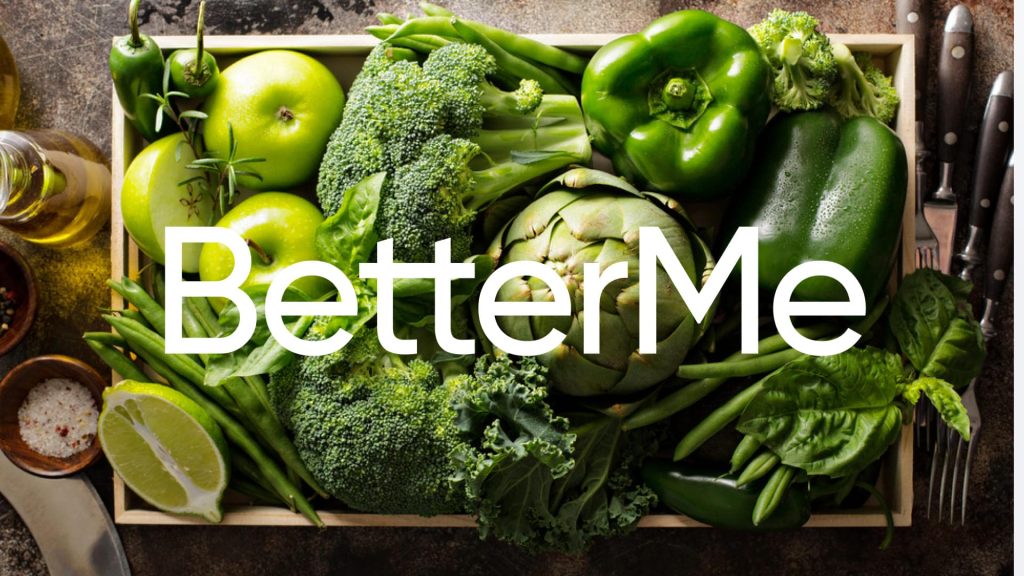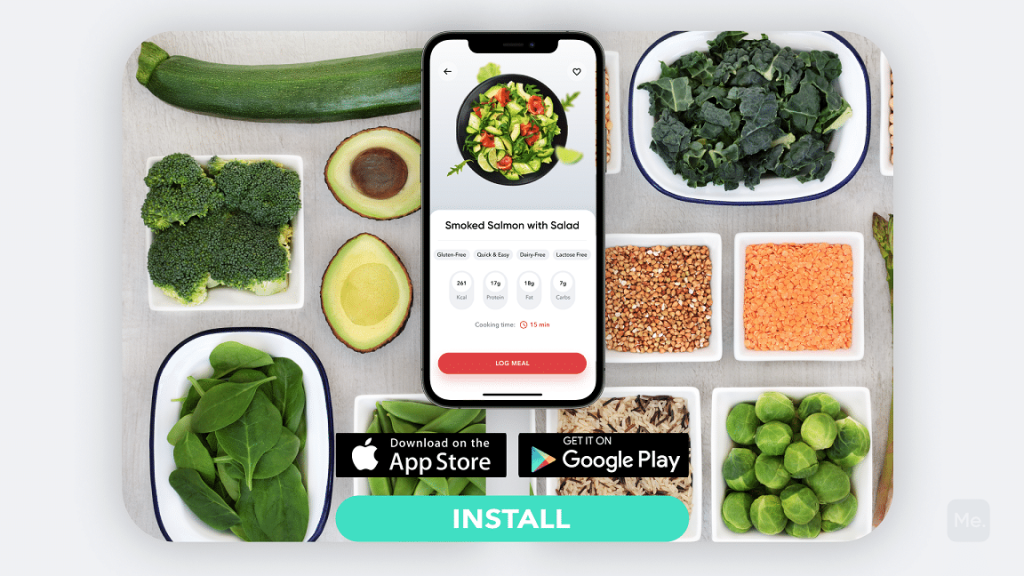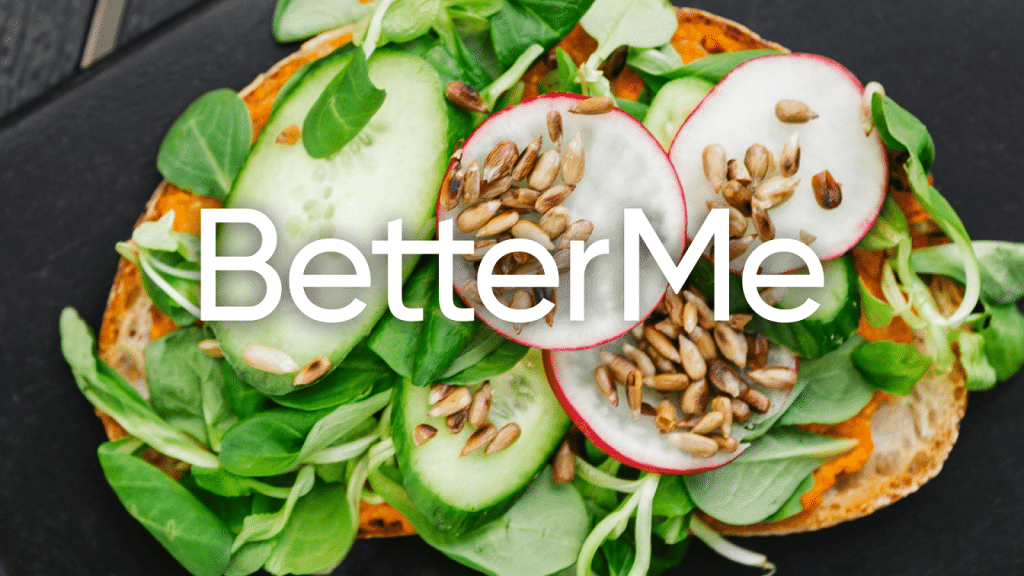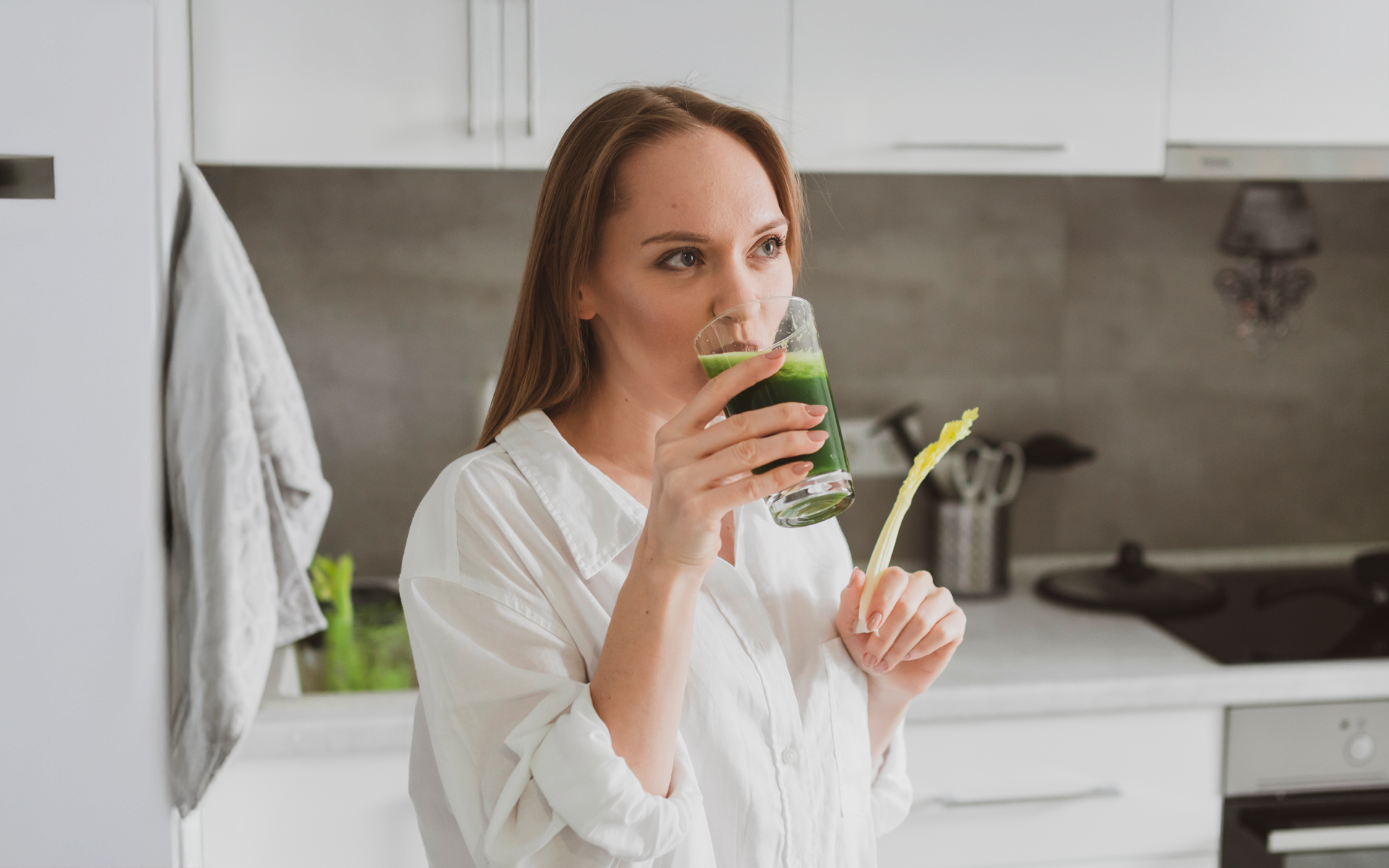Everyone wants to lead a healthy lifestyle. We try working out, eating right, and keeping hydrated, all in the name of staying fit. Sometimes it gets complicated due to various reasons, but we keep pushing on, right? Now in your quest to eat healthily, you’ve come across these two veggies: Spinach vs broccoli. Both are great superfoods due to their nutritional values and health benefits. So yes, the two can be an excellent addition to your diet. However, now we find out which is the best alternative.
Get your personalized
meal plan!
Broccoli Vs. Spinach Nutrients
To start us off in this showdown, we compare the nutritional value of each of the two. When you decide to eat spinach or broccoli, what nutrients are you supplying to your body? Let’s find out.
Broccoli Nutritional Value
A large percentage, about 90%, of raw broccoli is made up of water. The other bit is distributed between carbs (7%) and protein (3%), with almost zero fats. Its caloric content is also significantly low, considering it provides 31 calories per cup (about 91 grams) (3).
Ideally, this is how the nutritional profile of 100 grams of broccoli looks like (3):
- 2.5 grams of protein
- 6 grams of carbs
- 2.4 grams of fiber
- 39 calories
Carb Content In Broccoli
Carbohydrates in broccoli are primarily made up of sugars and fiber. The sugars are glucose, fructose, sucrose, and tiny quantities of maltose and lactose. However, the carbs content is very low, with only about 3.5 grams digestible in a cup’s serving (3).
Fiber Content In Broccoli
Fiber is one of the most important components of a healthy diet. It can prove useful for promoting your gut’s health and aiding in weight loss (6). A 91 gram (one cup) serving of raw broccoli has 2.3 grams of fiber. This is about 5-10% of the Daily Value (6).
It’s important to note that it doesn’t matter how much fiber in broccoli is soluble or insoluble. Both are equally beneficial to your health in their own ways.
Read More: A 5-Day Broccoli Diet Plan Can Help You Lose Weight In A Healthy Way
Protein Content In Broccoli
Protein might be the most important macronutrient, and for a good reason too. Proteins are the building blocks of your body. This means that they are crucial for your overall body growth and maintenance. So broccoli vs spinach for building muscles, which should you opt for?
Unlike most vegetables, broccoli has a relatively high protein content but slightly lower than spinach. So yes, when it comes to broccoli vs spinach protein content, the latter wins, but both are great.
29% of the dry weight of broccoli is made up of protein. However, due to its high water content, you’ll only get about 3 grams of protein in 91 grams (one cup) of broccoli (3). So if you’re ever wondering how much protein in broccoli there is compared to its water, well, there’s your answer.
Vitamin And Mineral Content Of Broccoli
Broccoli contains a wide range of vitamins and minerals that include (3):
- Vitamin C. This is a crucial vitamin responsible for supporting your immune system and skin health. A 45 gram serving of raw broccoli will provide you with almost 70% of the total DV.
- Vitamin K1. Vitamin K1 improves your bone’s health while also facilitating blood clotting in your body.
- Vitamin B9. Also known as folate, vitamin B9 is particularly important for pregnant women. That can be attributed to the fact that they help in tissue growth and boost cell functioning.
- Potassium. Potassium is a crucial mineral that helps in blood pressure regulation in your body. It also reduces the risk of contracting heart diseases.
- Iron. This is an essential mineral that supports the transporting of oxygen in your red blood cells.
Mentioned above are just some of the vitamins and minerals that you’d expect in broccoli. The other minerals and vitamins in broccoli are not in significant quantities but are present nonetheless.
Spinach Nutritional Value
A classic. That’s what spinach is. It belongs to the amaranth family, and it’s without question one of the healthiest greens out there. Spinach is loaded with numerous antioxidants and nutrients that can be beneficial to your body.
Here’s an overview of how the nutritional profile of spinach per 100 grams serving will look like (15):
- 2.9 grams of protein
- 3.6 grams of carbs
- 2.2 grams of fiber
- 23 calories
Carb Content In Spinach
Most carbohydrates in spinach are made up of fiber, which is healthy by its rights. Sugars like fructose and glucose can also be found in little quantities in spinach.
Fiber Content In Spinach
The main variety of fiber that is present in spinach is insoluble fiber. This type of fiber can be very beneficial to your digestive health. For instance, it helps prevent constipation by adding bulk to food as it passes through your gut (6).
Vitamin And Mineral Content In Spinach
Some of the vitamins and minerals that can be found in abundance in spinach include (15):
- Vitamin A. The Carotenoids in spinach are converted by your body to produce vitamin A.
- Vitamin C. This vitamin is an excellent antioxidant that will improve your skin’s health and boost your immune system.
- Vitamin K1. For your blood to clot properly, you’ll need healthy amounts of vitamin K, And that’s what you get from spinach. Interestingly, one spinach leaf will provide you with over half of your daily needs.
- Folic acid. This compound is particularly crucial for pregnant women. It facilitates normal cellular function and tissue growth which is important for the pregnancy.
- Iron. So, iron content broccoli vs spinach, which wins? Spinach is one of the best sources of iron out there. It has three times more iron levels than broccoli. Iron aids in the creation of hemoglobin that supplies oxygen to your body’s tissues.
- Calcium. If you want to have strong bones, one thing you need to do is up your calcium intake. Additionally, it is an essential signaling molecule for your muscles, heart, and nervous system.
Other minerals and vitamins you can find in spinach include Vitamins B6, B9, and E, Potassium, and magnesium.
Looking for a way to break the vicious cycle of weight loss and tone up all the jiggly parts? Watch the extra pounds fly off and your muscles firm up with the BetterMe app!
Broccoli Vs. Spinach Calories
So, which between spinach vs broccoli, has the highest amount of calories? Based on their nutritional profiles, whenever you eat 100 grams of broccoli, you get about 39 calories. For spinach, however, you’ll get about 23 calories in the same amount of serving (3, 15). Both are low-calorie foods.
It is also important to note that the caloric content of these two veggies is not cause for concern. That’s because they are not empty calories. Instead, they are accompanied by other beneficial nutrients. That said, the nutritional benefits of eating these veggies are more than worth the calorie content.
However, if you’re looking to lose some weight, try adding broccoli to your diet regimen. Sounds ironic, especially because it has a higher caloric content, right? However, broccoli contains special attributes that may help lower cholesterol levels in your body. We discuss this later in the article.
So, how healthy is spinach vs broccoli? Next, we look at how each of the two can affect your overall well-being.
Is Spinach Good For You?
So what are the health implications of eating spinach? Keep reading to find out.
Oxidative Stress
One of the byproducts of metabolism is free radicals. These byproducts can generate oxidative stress that can trigger accelerated aging. Additionally, too many of them may also increase the risks of you developing diabetes or cancer (18).
Here’s the good news, though: Spinach has lots of antioxidants. Antioxidants are responsible for fighting off oxidative stress, ultimately reducing the damage it causes.
In this small study, it was found that spinach helped prevent oxidative damage among 8 healthy people (7). Other human and animal research back up this claim (16).
Read More: Brain Food Snacks Edition: 10 Best Bitings To Boost Your Brain Function
Eye Health
Lutein and zeaxanthin can be found in large quantities in spinach. These are carotenoids responsible for color in certain vegetables. The human eye also possesses these pigments in large amounts. In your eyes, they are responsible for reducing the damage caused by sunlight (10).
Multiple studies have also indicated that lutein and zeaxanthin reduce macular degeneration and cataracts. These two are known major causes of blindness. Some studies even suggest that the compounds can reverse some of the existing damage (4).
Prevention Of Cancer
Components like MGDG and SQDG found in spinach are believed to slow down the growth of cancerous cells. In this study, the two compounds were seen to suppress tumors in mice (8).
Prostate and breast cancer are some of the risks that are significantly lowered by spinach. It also comes packed with antioxidants which may aid in fending off cancer (14).
Blood Pressure
The nitrates found in spinach aid in moderating your blood pressure levels. They are also instrumental in decreasing the risk of getting cardiovascular diseases. In this small study, spinach was found to effectively lower blood pressure levels among a small group of people (5).
If you tend to let yourself off the hook, raise the white flag when things get tougher than you expected, send yourself on an unconscious binge-eating trip – BetterMe app is here to help you leave all of these sabotaging habits in the past!
Is Broccoli Good For You?
So, how good is broccoli for your overall health? And more importantly, how does it perform against spinach? Let’s find out.
Broccoli being a cruciferous vegetable, it’s bound to have a considerable amount of sulfur-containing compounds (2). These are bioactive compounds that have several health benefits, including:
Prevention Of Cancer
Cancer is caused by the fast growth of abnormal cells which is linked to oxidative stress (12). Broccoli has compounds that are believed to protect you against cancer. Sulforaphane that can be found in broccoli may prevent the formation of cancerous cells by reducing oxidative stress (11).
Lowers Your Cholesterol Levels
Sure, cholesterol can be important in your body. For instance, it facilitates the process of digesting and absorbing fats. See, whenever you eat fat, bile acid is released from your liver to digest them.
When the digestion is complete, they are reabsorbed and reutilized at a later point. Some compounds in broccoli bind with these acids, increasing their excretion and limiting their reuse. Your body will then have to use up more cholesterol to produce more bile acid, ultimately reducing cholesterol levels (9).
Low cholesterol levels are linked to a reduced risk of cardiovascular diseases and cancer (17).
Improved Eye Health
Deterioration of eyesight tends to occur as you age. Carotenoids like lutein and zeaxanthin that are found in broccoli are associated with decreasing this risk (13).
Also, insufficient vitamin A levels in your body may lead to night blindness (1). This is a condition that can be easily reversed by increasing your vitamin A intake. Do you know how you can do that? Broccoli.
Verdict
Trying to crown one of the two veggies won’t be fair. Both of them are incredibly healthy choices. It’ll all come down to what your needs and fitness goals are. Let’s put it in perspective, shall we?
For instance, broccoli is an excellent source of vitamin C compared to spinach. Spinach, on the other hand, contains more vitamin K than broccoli. These contrasting comparisons go on to the mineral and caloric contents too. So here’s the thing, before deciding which is best for you, ensure you know what your goals are. Once you do, go ahead and make that switch. Or just eat them both!
Get your personalized
meal plan!
DISCLAIMER:
This article is intended for general informational purposes only and does not serve to address individual circumstances. It is not a substitute for professional advice or help and should not be relied on for making any kind of decision-making. Any action taken as a direct or indirect result of the information in this article is entirely at your own risk and is your sole responsibility.
BetterMe, its content staff, and its medical advisors accept no responsibility for inaccuracies, errors, misstatements, inconsistencies, or omissions and specifically disclaim any liability, loss or risk, personal, professional or otherwise, which may be incurred as a consequence, directly or indirectly, of the use and/or application of any content.
You should always seek the advice of your physician or other qualified health provider with any questions you may have regarding a medical condition or your specific situation. Never disregard professional medical advice or delay seeking it because of BetterMe content. If you suspect or think you may have a medical emergency, call your doctor.
SOURCES:
- [Historical milestones in the treatment of night blindness] (1984, pubmed.gov)
- Bitter taste, phytonutrients, and the consumer: a review (2000, pubmed.gov)
- Broccoli, raw (2019, usda.gov)
- Dietary carotenoids, vitamin A, C, and E, and advanced age-related macular degeneration. Eye Disease Case-Control Study Group (1994, pubmed.gov)
- Flavonoid-rich apples and nitrate-rich spinach augment nitric oxide status and improve endothelial function in healthy men and women: a randomized controlled trial (2011, pubmed.gov)
- Health effects of dietary fiber (2014, nih.gov)
- Impact of spinach consumption on DNA stability in peripheral lymphocytes and on biochemical blood parameters: results of a human intervention trial (2011, pubmed.gov)
- Inhibitory effect of replicative DNA polymerases, human cancer cell proliferation, and in vivo anti-tumor activity by glycolipids from spinach (2007, pubmed.gov)
- In vitro Bile Acid Binding of Mustard Greens, Kale, Broccoli, Cabbage and Green Bell Pepper Improves with Sauteing Compared with Raw or Other Methods of Preparation (2012, scirp.org)
- Lutein and zeaxanthin in eye and skin health (2009, pubmed.gov)
- Novel concepts of broccoli sulforaphanes and disease: induction of phase II antioxidant and detoxification enzymes by enhanced-glucoraphanin broccoli (2012, pubmed.gov)
- Oxidative stress, inflammation, and cancer: how are they linked? (2010, pubmed.gov)
- Plasma lutein and zeaxanthin and other carotenoids as modifiable risk factors for age-related maculopathy and cataract: the POLA Study (2006, pubmed.gov)
- Prospective study of fruit and vegetable intake and risk of prostate cancer (2007, pubmed.gov)
- Spinach, raw (2020, usda.gov)
- Spinach and tomato consumption increase lymphocyte DNA resistance to oxidative stress but this is not related to cell carotenoid concentrations (2002, pubmed.gov)
- Steam cooking significantly improves into vitro bile acid binding of collard greens, kale, mustard greens, broccoli, green bell pepper, and cabbage (2008, pubmed.gov)
- What is oxidative stress? (2000, pubmed.gov)
